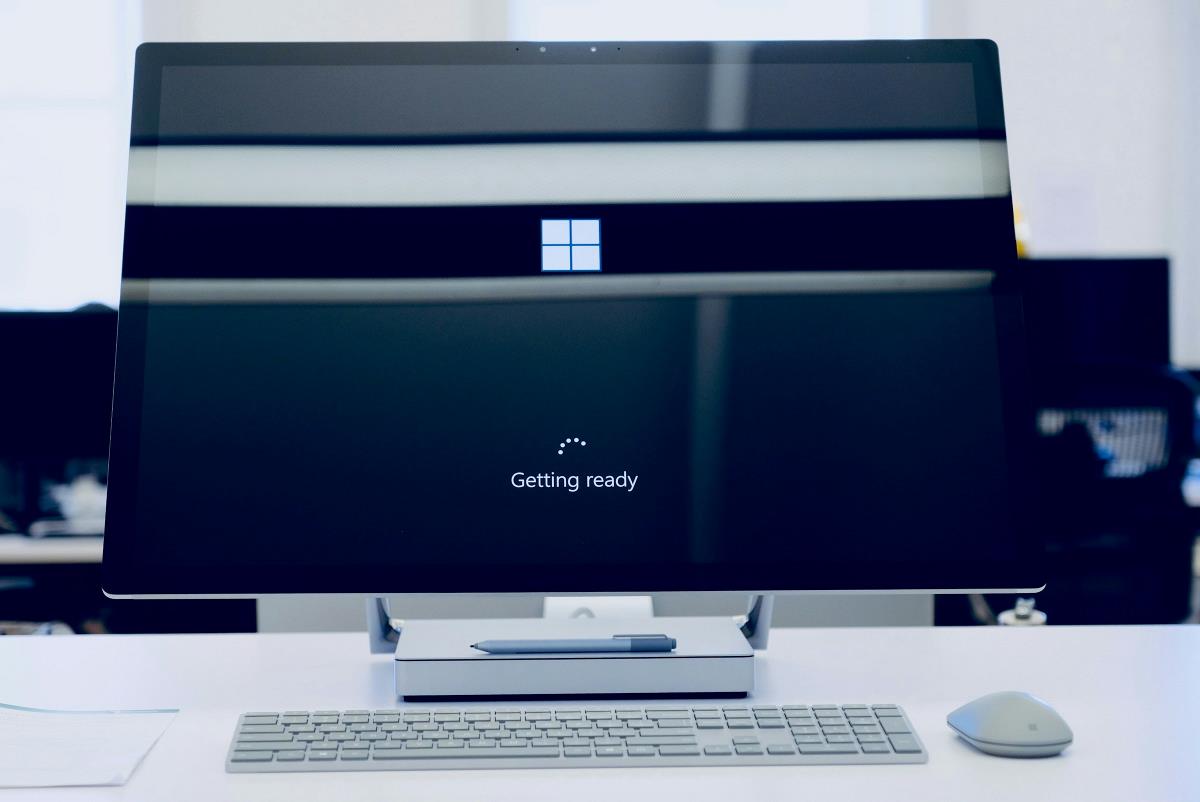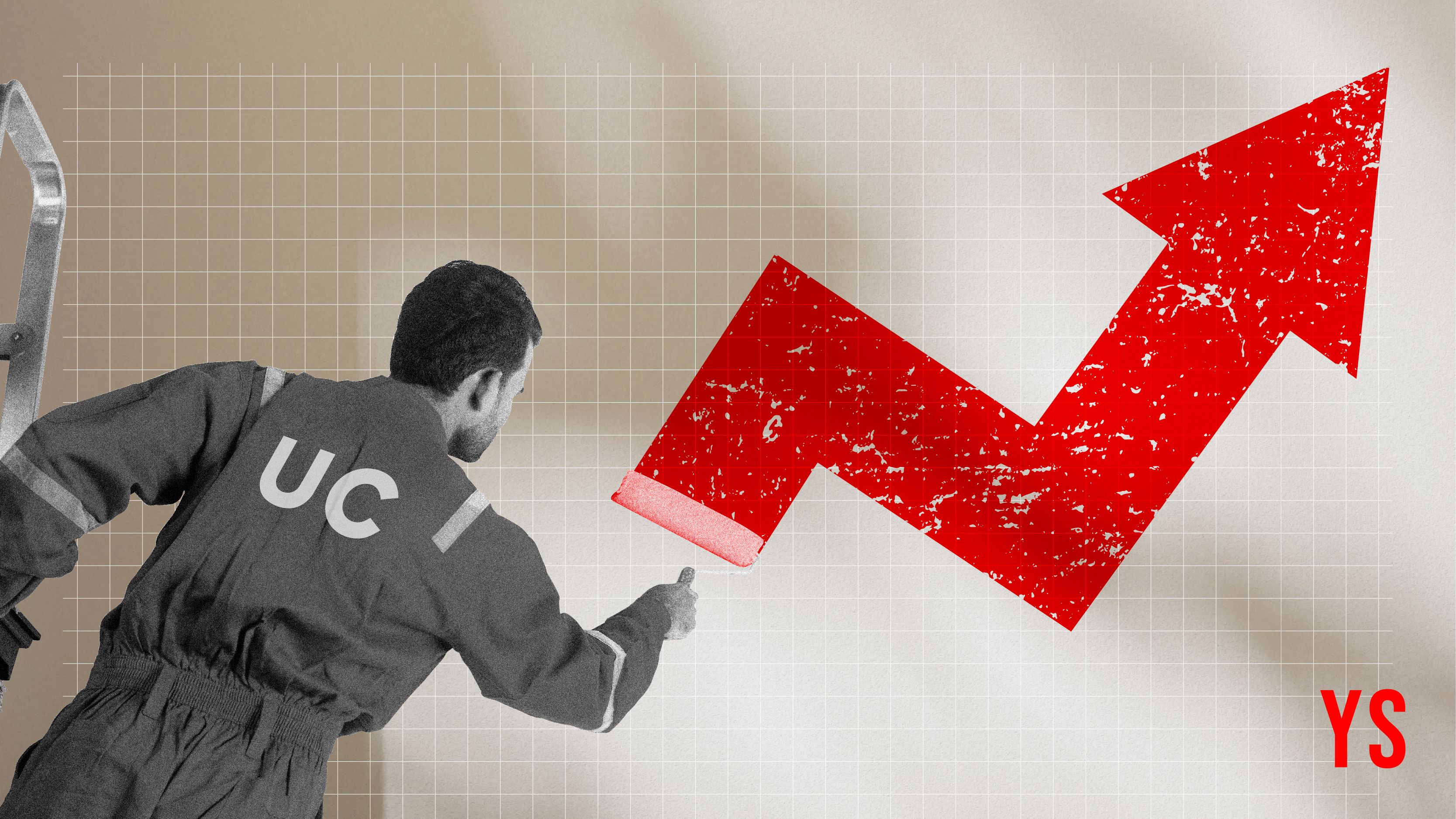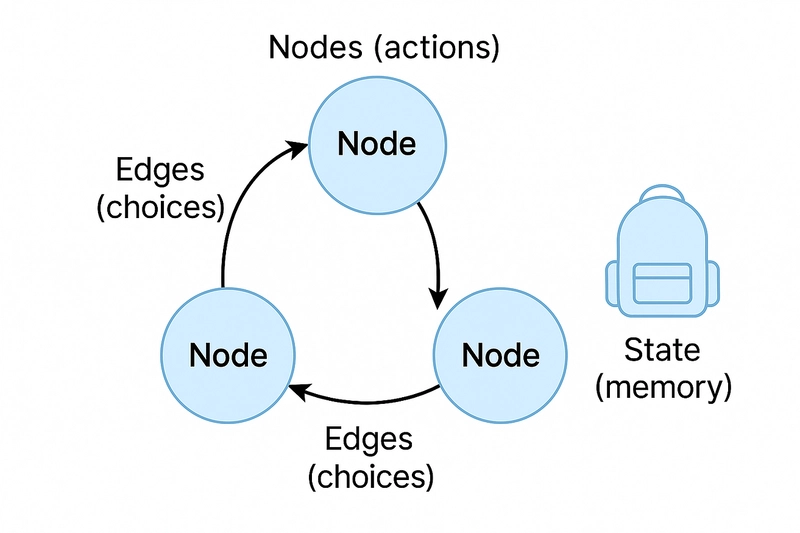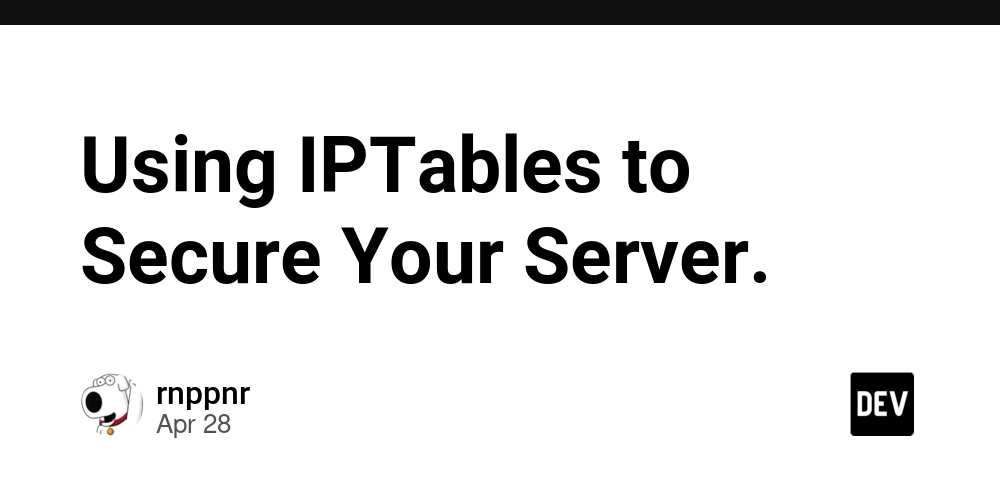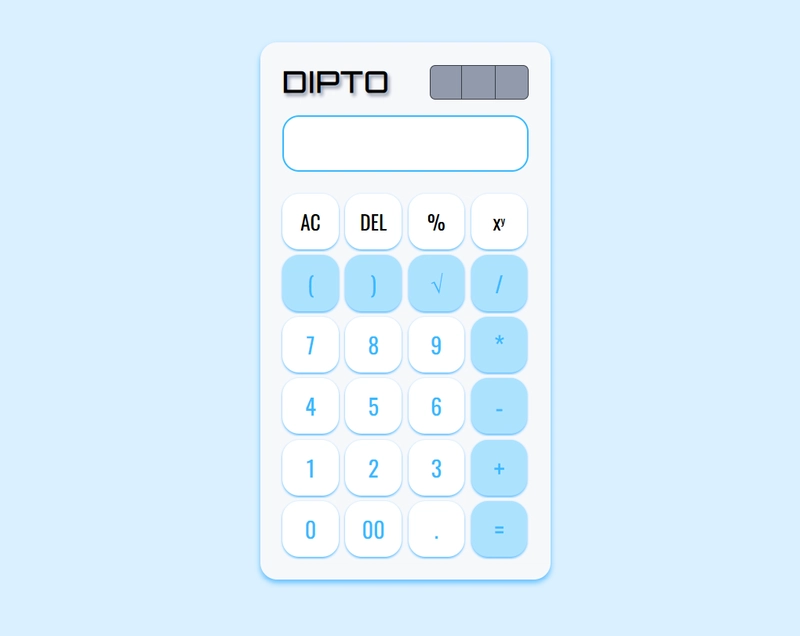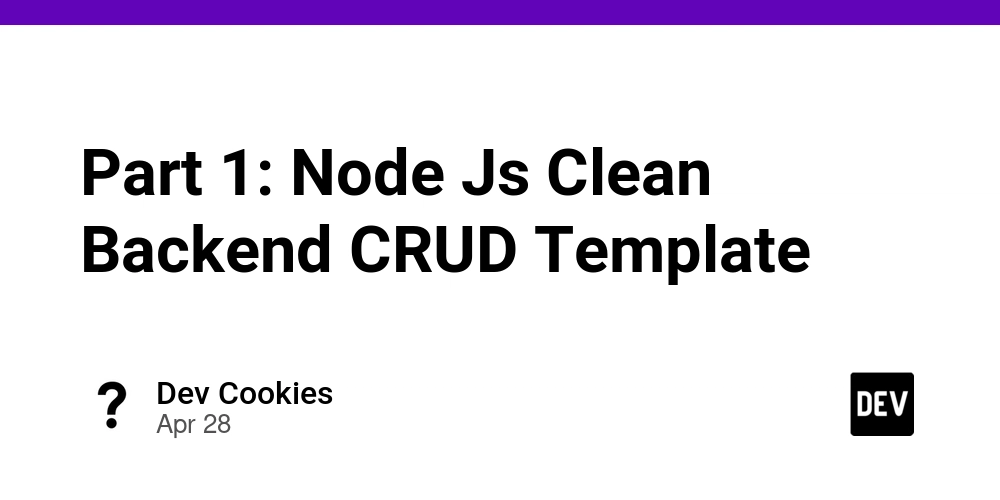How to Fix "MySQL Unexpected Shutdown" in XAMPP (Easy Step-by-Step Guide)
If you're using XAMPP for local development, chances are you’ve come across this frustrating message at least once: "MySQL shutdown unexpectedly." Don’t worry — you’re not alone. This issue is extremely common, and luckily, there’s a simple way to fix it without losing your databases. In this post, I'll walk you through a safe and effective solution to get MySQL running again in XAMPP. Why Does MySQL Shutdown Unexpectedly in XAMPP? The most common reasons include: Forced shutdown of XAMPP without properly stopping MySQL Corrupt MySQL data files Port conflicts System crashes or power failures while MySQL is running Whatever the cause, the method below can help you restore MySQL and your local projects without much hassle. Step-by-Step Solution to Fix MySQL Shutdown in XAMPP Follow these steps carefully: 1. Go to Your XAMPP Installation Folder Navigate to where XAMPP is installed (e.g., C:\xampp). Inside the MySQL folder, find the data folder. Path: C:\xampp\mysql\data 2. Make a Backup of the Data Folder Copy the data folder and paste it in the same location. Rename the copied folder to something like data_old.

If you're using XAMPP for local development, chances are you’ve come across this frustrating message at least once:
"MySQL shutdown unexpectedly."
Don’t worry — you’re not alone. This issue is extremely common, and luckily, there’s a simple way to fix it without losing your databases.
In this post, I'll walk you through a safe and effective solution to get MySQL running again in XAMPP.
Why Does MySQL Shutdown Unexpectedly in XAMPP?
- The most common reasons include:
- Forced shutdown of XAMPP without properly stopping MySQL
- Corrupt MySQL data files
- Port conflicts
- System crashes or power failures while MySQL is running
Whatever the cause, the method below can help you restore MySQL and your local projects without much hassle.
Step-by-Step Solution to Fix MySQL Shutdown in XAMPP
Follow these steps carefully:
1. Go to Your XAMPP Installation Folder
Navigate to where XAMPP is installed (e.g., C:\xampp).
Inside the MySQL folder, find the data folder.
Path: C:\xampp\mysql\data
2. Make a Backup of the Data Folder
Copy the data folder and paste it in the same location.
Rename the copied folder to something like data_old.


































































































































































![[The AI Show Episode 143]: ChatGPT Revenue Surge, New AGI Timelines, Amazon’s AI Agent, Claude for Education, Model Context Protocol & LLMs Pass the Turing Test](https://www.marketingaiinstitute.com/hubfs/ep%20143%20cover.png)

















































































































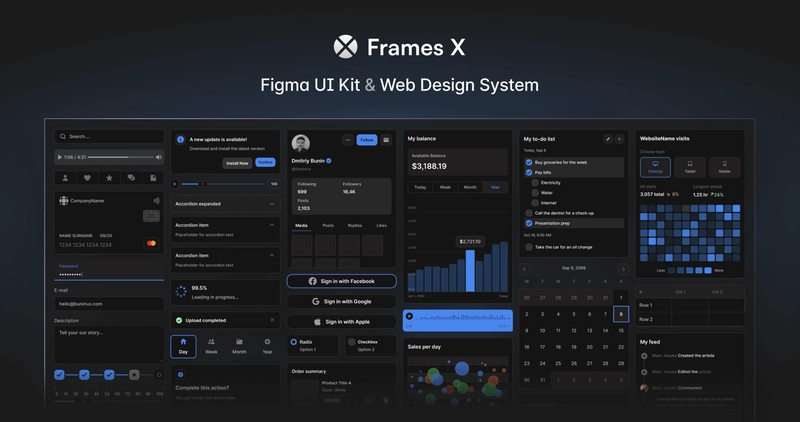











































































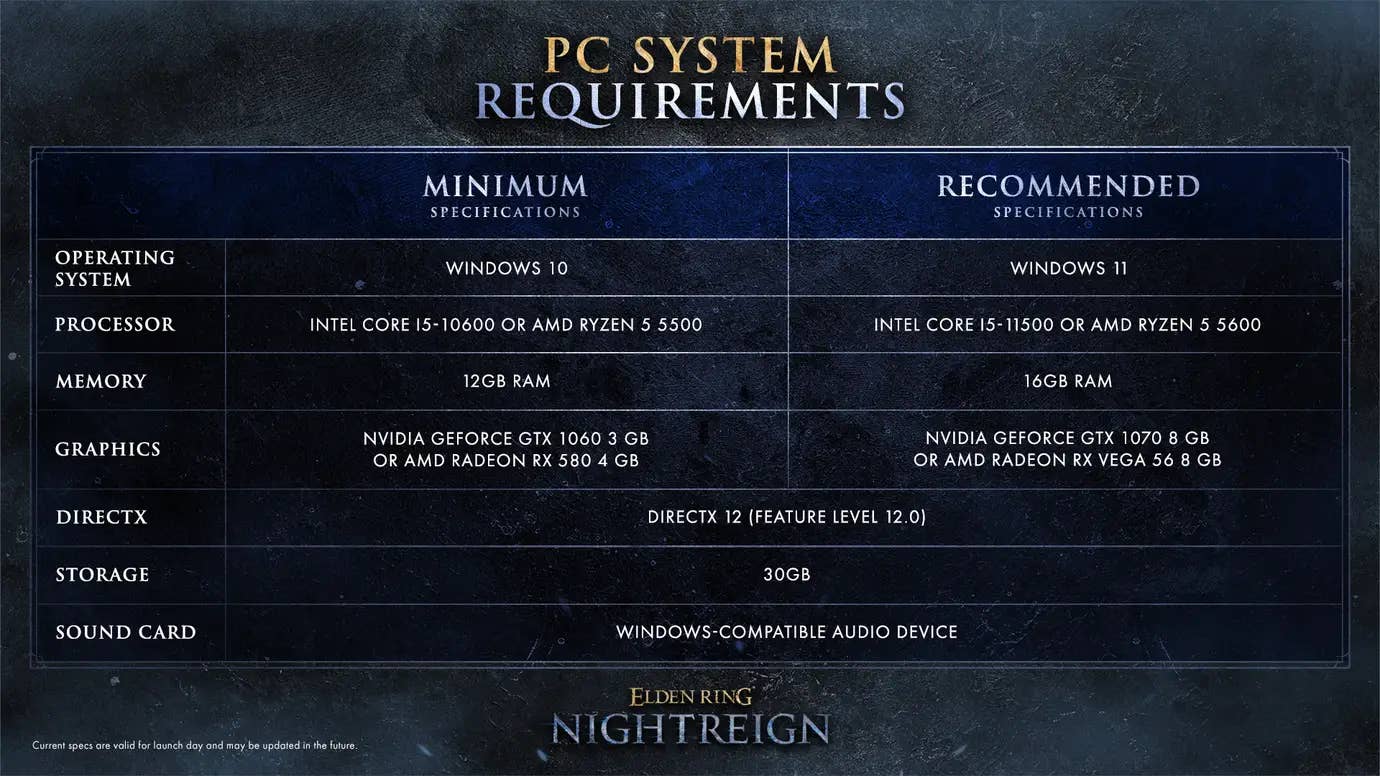












































































_Muhammad_R._Fakhrurrozi_Alamy.jpg?width=1280&auto=webp&quality=80&disable=upscale#)
_NicoElNino_Alamy.jpg?width=1280&auto=webp&quality=80&disable=upscale#)





































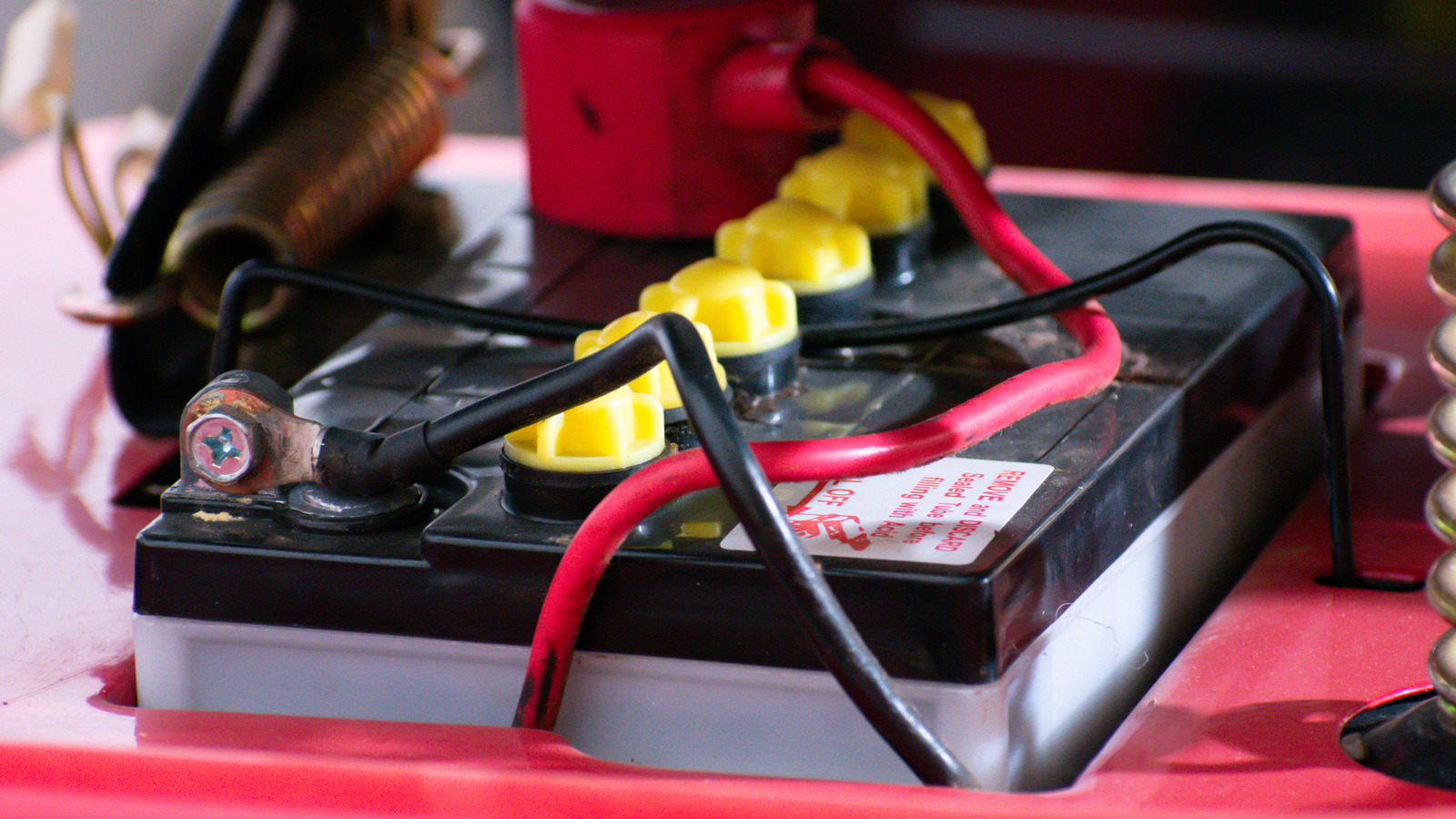















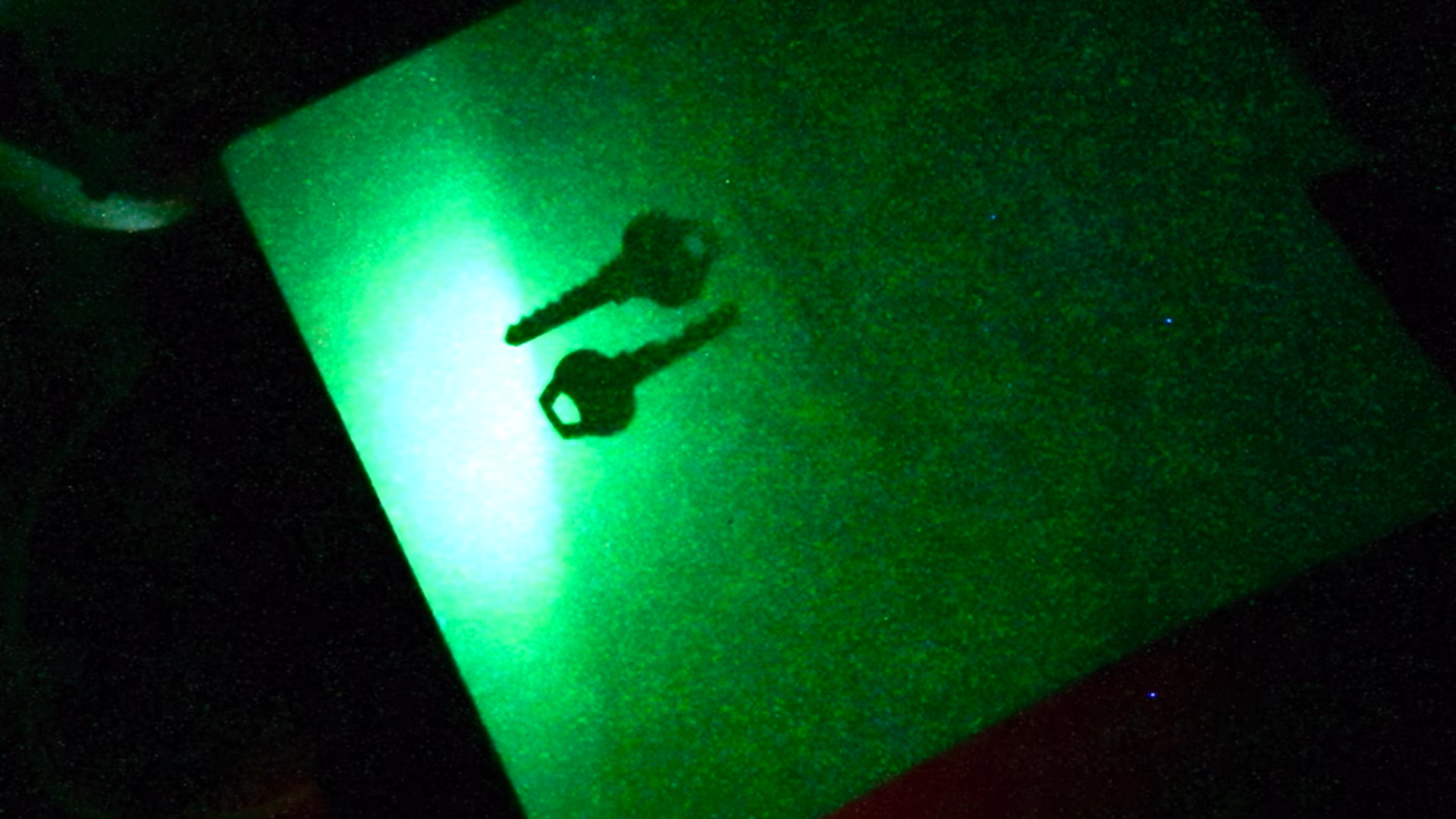

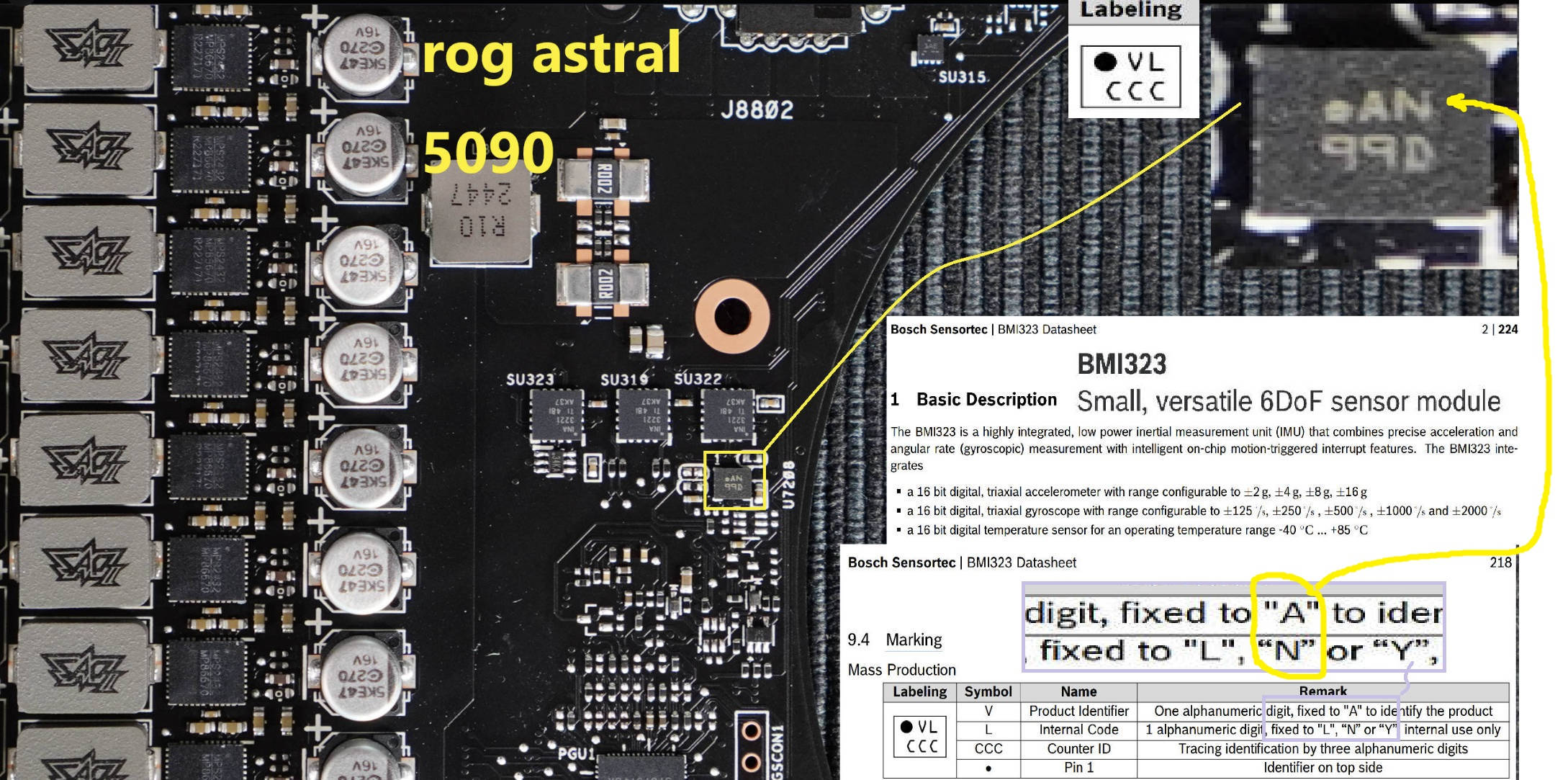























































![Apple Releases iOS 18.5 Beta 4 and iPadOS 18.5 Beta 4 [Download]](https://www.iclarified.com/images/news/97145/97145/97145-640.jpg)
![Apple Seeds watchOS 11.5 Beta 4 to Developers [Download]](https://www.iclarified.com/images/news/97147/97147/97147-640.jpg)
![Apple Seeds visionOS 2.5 Beta 4 to Developers [Download]](https://www.iclarified.com/images/news/97150/97150/97150-640.jpg)
![Apple Seeds tvOS 18.5 Beta 4 to Developers [Download]](https://www.iclarified.com/images/news/97153/97153/97153-640.jpg)






















